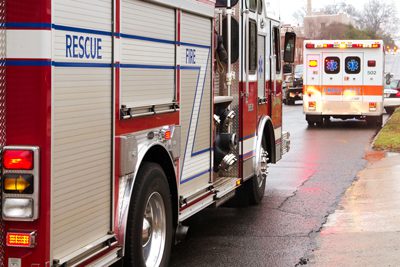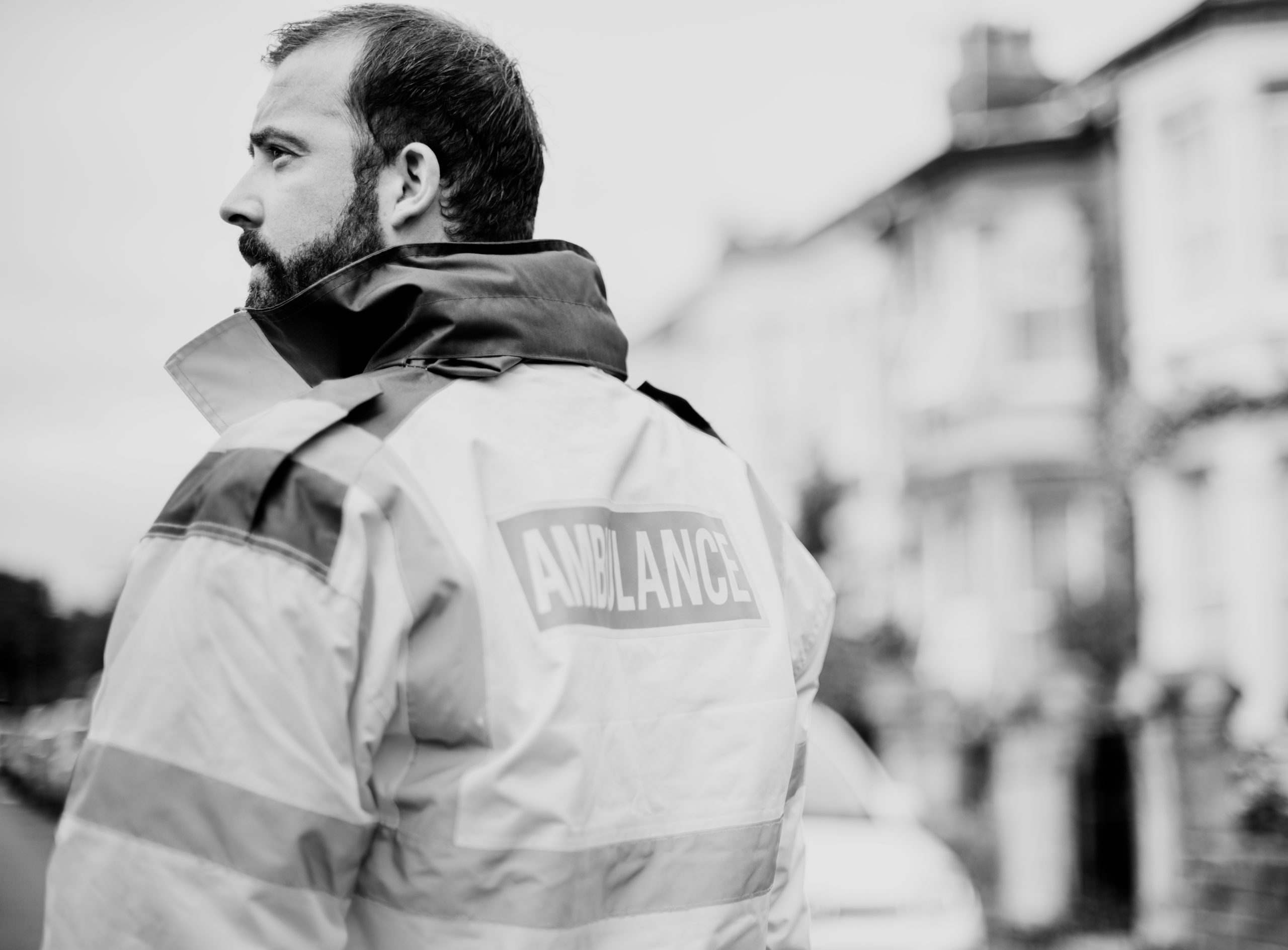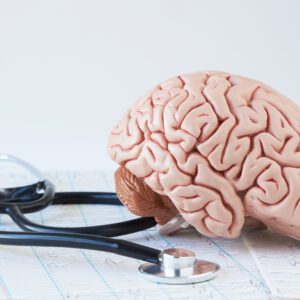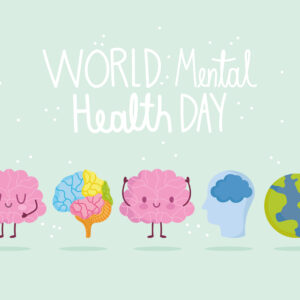 Choosing a career as a first responder means putting your well-being second to those you serve.
Choosing a career as a first responder means putting your well-being second to those you serve.
Police officers, firefighters, 911 operators, EMTs, correction officers, servicemen and women, and hospital/trauma workers are always risking their lives to protect others. These heroic men and women are expected to maintain optimum physical and mental wellness while being exposed to dangerous drugs and diseases, life-threatening situations, long hours, and physical strain.
A stressful job can affect one’s relationships, sleep patterns, and job performance. Ongoing stressful situations can trigger feelings of anger, fear, sadness, and more, which can cause people to self-medicate by turning to alcohol or drugs in order to numb the pain. But self-medicating merely covers the underlying issues just as a Band-Aid would. When triggered again, the symptoms can return, thus causing a cycle of self-medication that can develop into a serious addiction. Whether a new firefighter or a veteran EMT professional, stress and addiction can happen at any time.
Statistics and studies confirm the need for specialized addiction treatment for first responders.
A study of University of Arizona police officers looked at the accumulation of stress over time, which led new recruits to develop an alcohol problem as they progressed in their career. In two years, 25% of these officers reported drinking “to be part of the team,” and in four years, 25% said they were negatively affected by a co-worker’s drinking. In a study by the American Psychological Association, 40% of EMTs engaged in high-risk alcohol and drug use. Lastly, the U.S. Firefighter Association reported 29% of firefighters participate in alcohol abuse and as many as 10% may be currently abusing drugs. There is a clear correlation between stressful jobs and addiction. It’s even clearer there is a high need for specialized addiction treatment for first responders.
We can’t push this epidemic under the rug anymore.
Addiction treatment for first responders is available and consists of a combination of clinical and evidence-based treatment modalities coupled with peer support groups. Information can be found through many mediums, including 12-step support groups and the Substance Abuse and Mental Health Services Administration.

References:
Whitney, B. (2015, November 9). First Responders Need Specialized Addiction Treatment. Retrieved March 15, 2017.





